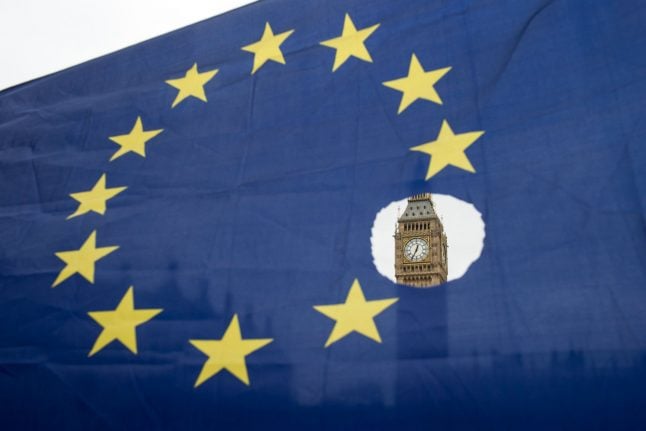Samuelsen also said that his primary concern following Britain’s formal step to leave the EU would be optimal trade and rights for Denmark.
“The UK’s withdrawal also means that two EU agencies currently located in London – the European Medicines Agency and the European Banking Authority – will have to move. The government has decided to offer its candidature for the relocation of the European Medicines Agency. The government believes that a placement in Copenhagen will provide the optimal conditions for the ongoing work of the agency while giving a number of benefits to Denmark,” Samuelsen said.
British prime minister Theresa May on Wednesday activated Article 50, officially beginning the United Kingdom’s two-year process of withdrawal from the soon-to-be 27-state union.
Samuelsen said in a press statement that he would look to protect Danish interests during the long process of negotiations, which will be led by the EU’s chief negotiator Michel Barnier and British Brexit secretary David Davis.
“The main priority of the government in the coming negotiations will be to promote Danish interests, not least for Danish businesses and citizens. The government will therefore focus on aspects including ensuring Danish businesses do not lose access to the British market, and that British businesses are not given unfair competitive advantages in the EU. A potential agreement must have the right balance between rights and obligations,” the minister wrote.
Denmark’s government set up a Brexit ‘task force’ the day after Britain voted to leave the EU in a referendum in June last year. The function of the task force is to “identify Danish interests in the coming negotiations,” according to the Ministry of Foreign Affairs press statement.
The government will provide its embassy in London, along with its EU representation and Brexit office within the foreign ministry, with extra resources, said the Ministry.



 Please whitelist us to continue reading.
Please whitelist us to continue reading.